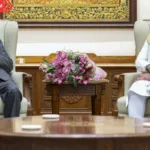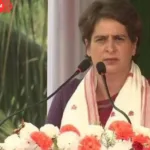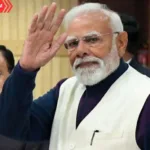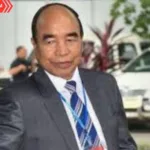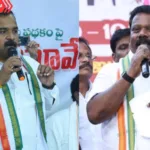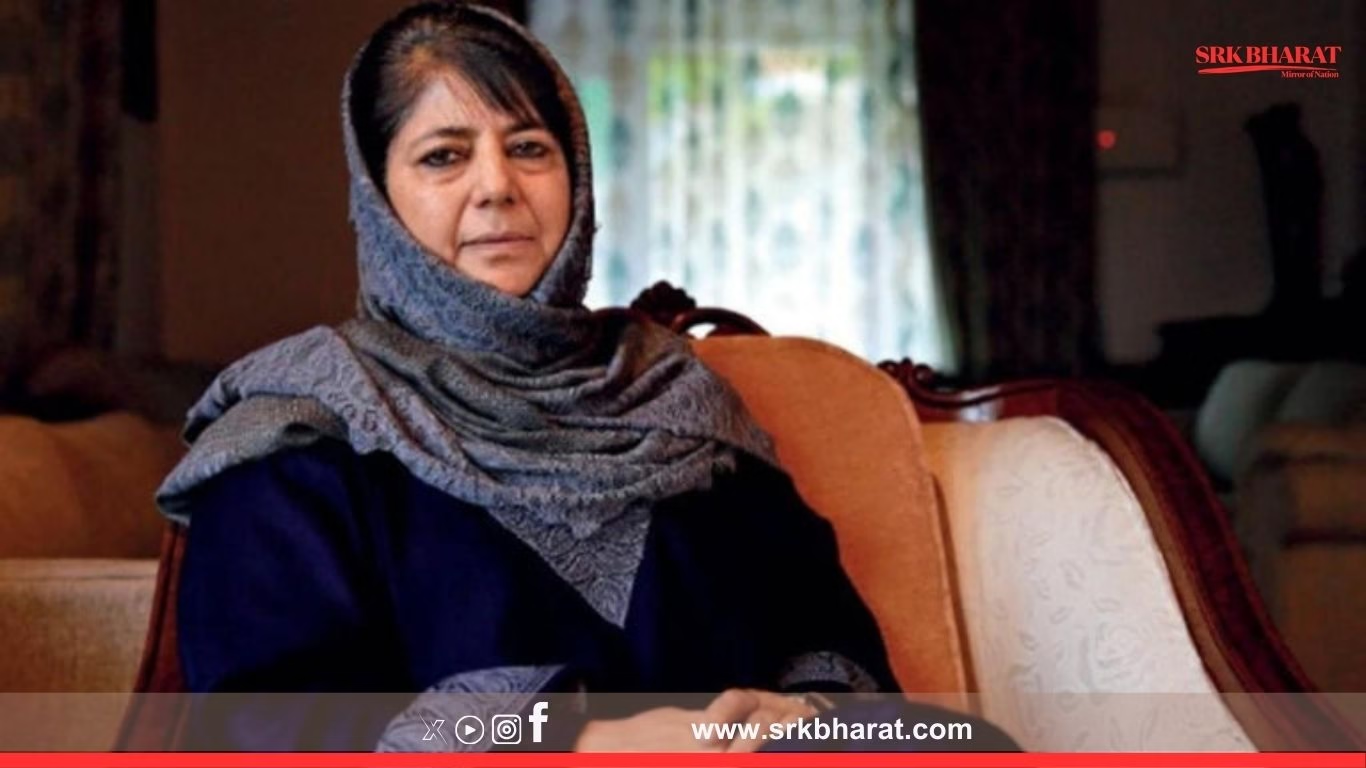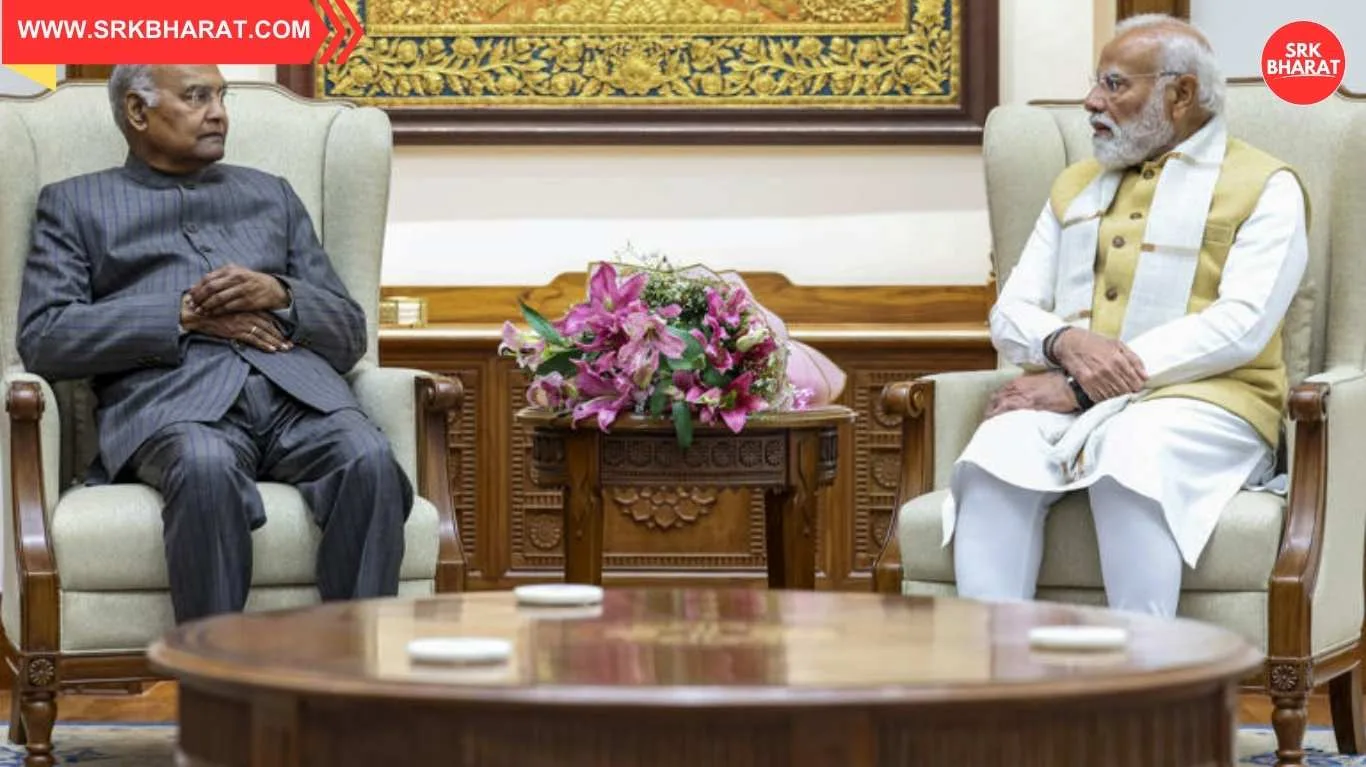In a major political development that has set the tone for heated debates across the nation, People’s Democratic Party (PDP) president and former Jammu & Kashmir Chief Minister Mehbooba Mufti has called upon the Supreme Court of India to take suo motu cognisance of Congress leader Rahul Gandhi’s recent allegations of electoral fraud. Her remarks, made during an interaction with journalists in Srinagar, underline the growing demand from opposition leaders for judicial intervention in alleged irregularities in the country’s democratic process.
Mehbooba Mufti, known for her outspoken views on constitutional integrity and electoral transparency, stated that the charges levelled by Rahul Gandhi cannot be dismissed as mere political rhetoric. Instead, she stressed, they require serious examination by the apex court to safeguard the credibility of India’s electoral machinery.
Mehbooba Mufti’s Statement and Concerns
Speaking to the press, Mufti remarked, “When a leader of Rahul Gandhi’s stature alleges electoral fraud, it is not just a political statement — it is a matter that affects the very foundation of our democracy. The Supreme Court must act, not for any political party, but for the people of India.”
She argued that the Election Commission alone may not be able to address these allegations comprehensively without judicial oversight, especially when the accusations pertain to possible large-scale manipulation of voting data and processes. Mufti urged that the court should consider setting up a special bench to look into the matter, ensuring that the truth comes out before the next election cycle.
Background: Rahul Gandhi’s Electoral Fraud Allegations
Rahul Gandhi recently accused certain political actors and administrative agencies of deliberately tampering with electoral rolls, manipulating electronic voting machines (EVMs), and suppressing voter turnout in specific constituencies. While these allegations have been strongly denied by ruling party leaders, the Congress has insisted on a full-scale, independent investigation.
Gandhi has also demanded a public disclosure of all audit trails linked to EVMs, claiming that opaque systems erode public trust. His comments have triggered a chain reaction, with several regional party leaders, including Mufti, echoing his concerns and calling for judicial intervention.
| Allegation by Rahul Gandhi | Claimed Impact |
|---|---|
| Electoral roll manipulation | Missing voters in key constituencies |
| EVM tampering | Skewed vote share in marginal constituencies |
| Suppression of voter turnout | Reduced participation in opposition strongholds |
Political Implications in Jammu & Kashmir
Mehbooba Mufti’s intervention is particularly significant in the context of Jammu & Kashmir, where electoral credibility has been a sensitive subject for decades. The region has witnessed repeated debates over the fairness of polls, especially after the abrogation of Article 370 in 2019.
Political analysts note that by supporting Rahul Gandhi’s demand for scrutiny, Mufti is positioning herself as a champion of democratic rights, appealing to both her party’s base and the broader electorate concerned about political transparency.
Her stance could also align PDP more closely with the Congress in the run-up to national and state elections, potentially paving the way for strategic alliances aimed at countering the Bharatiya Janata Party (BJP) in the region.
The Call for Judicial Intervention
Mufti insisted that the Supreme Court’s involvement would help restore public faith in elections. She suggested the following measures for judicial consideration:
- Formation of a Special Investigation Team (SIT) to probe electoral fraud allegations.
- Comprehensive forensic audit of EVMs used in the last general elections.
- Examination of voter list discrepancies and cross-verification with independent databases.
- Mandatory public disclosure of election audit findings.
She warned that without immediate judicial scrutiny, the electoral process risks losing its credibility.
Reactions from Other Political Parties
The ruling BJP has dismissed Mufti’s statement as “politically motivated theatrics,” accusing her of attempting to amplify Congress’s unsubstantiated claims to gain political mileage. BJP spokespersons reiterated that India’s elections are free, fair, and transparent, overseen by a robust Election Commission system.
Meanwhile, leaders from other opposition parties — including the Samajwadi Party, Trinamool Congress, and Aam Aadmi Party — have cautiously supported the call for greater electoral oversight, even if they have stopped short of fully endorsing Rahul Gandhi’s claims.
| Political Party | Stance on Allegations | Support for Judicial Probe |
|---|---|---|
| Congress | Strongly supports investigation | Yes |
| PDP | Strongly supports investigation | Yes |
| Trinamool Congress | Supports greater oversight, cautious on claims | Conditional |
| Samajwadi Party | Supports transparency reforms | Yes |
| BJP | Denies allegations | No |
Public Response and Civil Society Reactions
Civil society groups, election watchdog NGOs, and retired bureaucrats have expressed mixed reactions. Some have called Rahul Gandhi’s allegations politically charged but have acknowledged that electoral reforms are overdue. Others believe that the judiciary stepping in could set a precedent for unnecessary interference in political disputes.
On social media, hashtags related to both Rahul Gandhi’s claims and Mehbooba Mufti’s remarks have trended for days, reflecting the public’s polarized views. While opposition supporters see this as a fight for democracy, ruling party supporters view it as an attempt to undermine institutions for political gain.
Electoral Reforms: The Bigger Picture
Experts point out that regardless of the outcome of these specific allegations, India’s electoral process could benefit from certain reforms, such as:
- Blockchain-based voting audit systems to ensure transparency.
- Mandatory voter roll verification drives before every election.
- Independent EVM certification by third-party agencies.
- Public disclosure of voting data while protecting individual voter privacy.
If the Supreme Court takes up the matter, it could result in landmark judgments that reshape the country’s election governance framework.
What Lies Ahead
The Supreme Court has not yet responded to Mufti’s request, and legal experts suggest that unless a formal petition is filed, the chances of immediate action remain slim. However, the political momentum generated by these statements may lead to collaborative efforts among opposition parties to demand legislative or procedural changes through Parliament.
In the meantime, the Election Commission is expected to review the allegations and may call for reports from returning officers in constituencies flagged by Congress.
Conclusion
Mehbooba Mufti’s call for the Supreme Court to act on Rahul Gandhi’s electoral fraud allegations has added fuel to an already intense political debate. It highlights the increasing demand from opposition leaders for judicial oversight in safeguarding electoral integrity. Whether this leads to concrete action or remains part of political rhetoric will depend on how institutions respond in the coming weeks.
For now, the issue has reinforced electoral transparency as a central theme in the political discourse ahead of India’s next major elections.
Disclaimer: This article is based on political statements, publicly available information, and expert commentary. It does not endorse or verify any specific claim. Readers are encouraged to follow official statements from the Supreme Court and Election Commission for factual updates.

